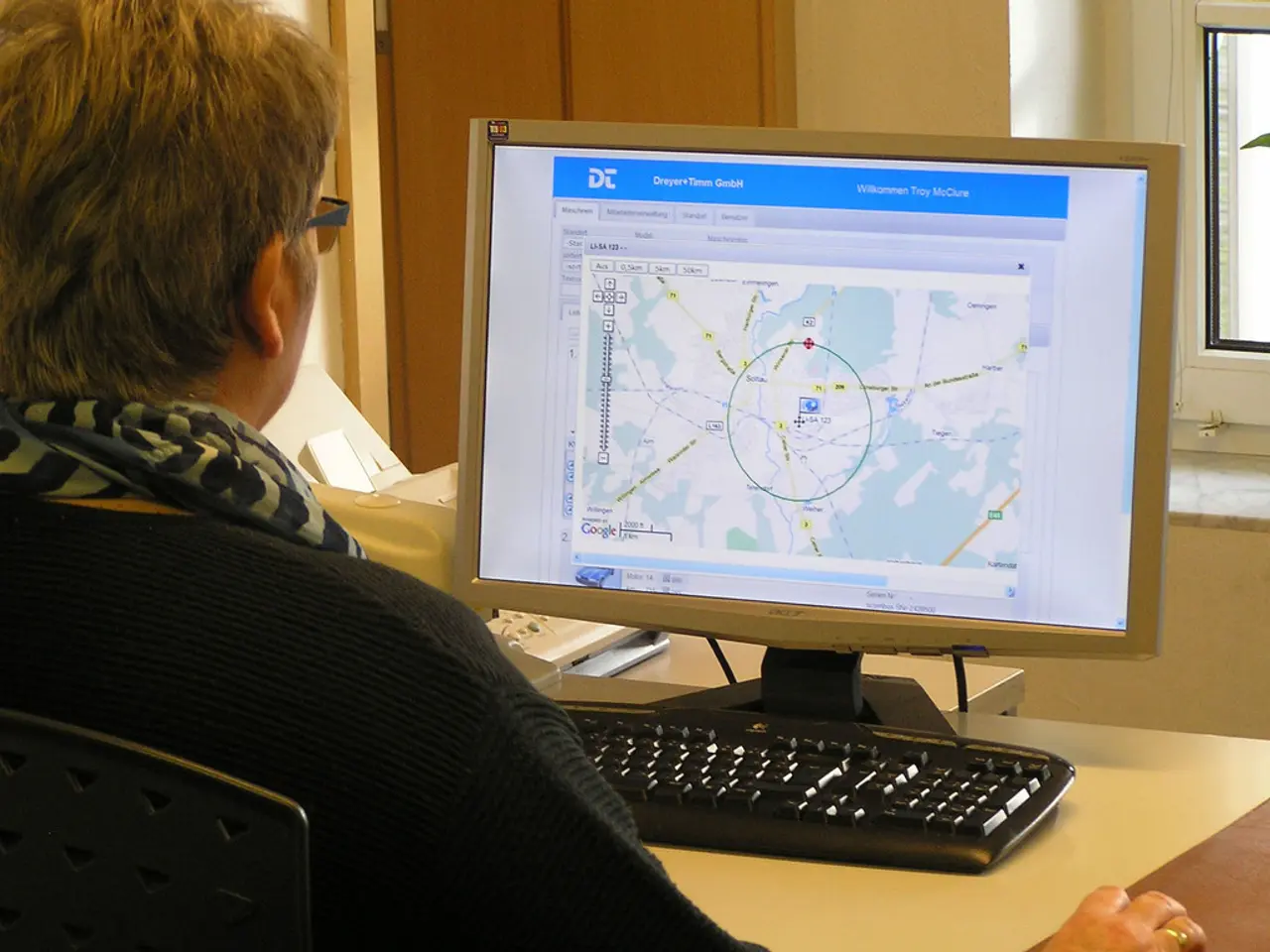Considering a switch from Windows and reluctant to splurge on a Mac? It might be worth exploring Linux as an alternative operating system.
In the ever-evolving world of technology, many users have expressed dissatisfaction with the latest iteration of Microsoft's operating system, Windows 11. With its cluttered user interface, built-in advertisements, and forced integration with apps like Microsoft Edge, some are looking for alternatives. One such option is Linux, an open-source operating system that has been gaining popularity.
Linux, a successor to the Unix operating system that underpins macOS, has been around since the late 1990s. It is an adaptable system with relatively few rules and restrictions, offering users more freedom to customise their system compared to MacOS and Windows.
There are numerous versions of Linux, including Linux Mint and Ubuntu. Linux Mint, primarily developed by a core team led by Clement Lefebvre and supported by community contributors, has been an established distribution since around 2009. Ubuntu, on the other hand, is developed and managed by the company Canonical Ltd. with contributions from a worldwide open source community.
For those considering a switch, the installation process is straightforward. To begin, you'll need a USB flash drive of at least 8GB capacity. Next, download the ISO file of your chosen Linux distribution - either Ubuntu or Linux Mint - and run it on the USB flash drive using a flashing tool like Rufus or Balena Etcher to make it bootable. Booting the computer from the USB flash drive will initiate the installation process, with the installer taking over to guide you through the rest.
Once installed, Linux offers capabilities similar to Windows and macOS, including browsing the internet, streaming, and using most productivity software or office suites. However, it's worth noting that Linux does not have access to all the apps that Windows PCs and Macs do, with developers prioritising those platforms over Linux. The number of Linux-compatible games is also quite slim compared to Windows.
One significant advantage of Linux is its reputation for stability and security. Linux machines are less likely to be targeted by viruses and hackers compared to Windows PCs and Macs. With Microsoft set to stop issuing security updates for Windows 10 on October 14, 2025, making Windows 11 the modern version of the service all but mandatory, the security benefits of Linux become even more appealing.
If you're a tech enthusiast who values flexibility and security, Linux might just be the operating system for you. With a rich history, a supportive community, and a user-friendly installation process, it's worth considering as an alternative to Windows 11.
Matt Jancer, a seasoned industry professional with 15 years of experience, resides in New York City. He has written for more than 15 magazines and has bylines in Car and Driver, Outside, Esquire, Smithsonian, Playboy, and Wired, among others. His insights and expertise make him an authoritative voice in the world of technology.
For those who wish to avoid Windows 11, switching to Linux could be a viable solution. It's time to explore the world of Linux and discover the benefits it offers.
Read also:
- Understanding Hemorrhagic Gastroenteritis: Key Facts
- Stopping Osteoporosis Treatment: Timeline Considerations
- Expanded Community Health Involvement by CK Birla Hospitals, Jaipur, Maintained Through Consistent Outreach Programs Across Rajasthan
- Abdominal Fat Accumulation: Causes and Strategies for Reduction







